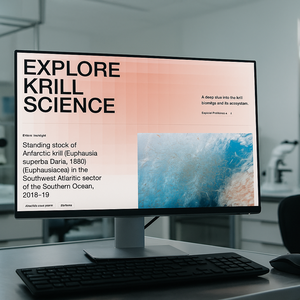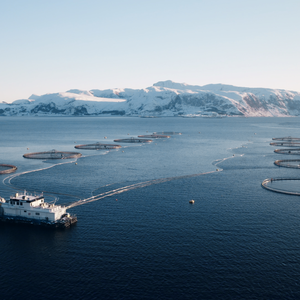A recent BBC news article (6th October, 2016) highlighted the current challenges of including omega-3 fatty acids in farmed salmon. The article focuses on the reduction of fish oil in salmon diets, stating that one of the causes is the cutting back on the amount of anchovies fished and used for feed. This however is not the case, as there is very little demand for anchovy for direct human consumption.
The industry has reduced fishing, not because of resistance to use in feed but due to responsible management of the fish stocks. The production of fish oil has thus come down to 900/800,000 metric tonnes per year from its peak of more than 1 million mt. Over 40% of global fish oil production is certified under an independent scheme for responsible supply, a higher percentage than plant-based ingredients can offer.
The farmed salmon industry has enjoyed huge growth with approximately 60% of the world’s salmon production now being farmed. Farmed salmon is key part of a healthy balanced diet, with popularity ever-increasing largely due to the huge health benefits of this omega-3 rich fish.
It is the all-important long chain omega-3’s known as EPA and DHA within fish oil that makes it liquid gold for the fish farming sector. Health benefits for the consumer are widely known, most notably helping heart and neurological health, as well as foetal development. It also plays an important role in the health of the fish. The industry has continued to produce highly nutritional farmed salmon despite the challenges of a finite supply of fish oil by supplementing marine feed ingredients with plant-based ingredients, mainly of oilseed origin. As mentioned in the BBC article, levels of fish oil in farmed salmon still make it one of the best sources of long chain omega-3 fatty acids. In the future however, this finite supply of fish oil does present the industry with a crucial challenge. There are various potential alternatives to fish oil currently under development, but an alternative that is both economical and feasible in terms of supply is still undetermined.
The amount of fish oil used in salmon feed, and therefore the levels of omega-3 in the fish, varies around the world. To allow consumers to make informed choices, it is important that farmers and retailers make informed decisions on nutrition and in turn communicate these to consumers with clear labelling on their products.










